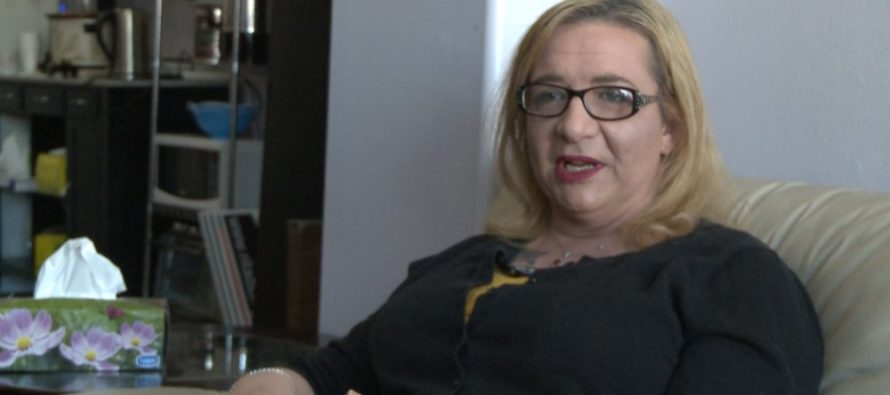Trans-community fights for sex-ed inclusion

It’s almost easy to miss the unmarked Windsor-Essex Transgender and Allied Support office nestled into the scenery of the bustling heart of downtown Windsor.
“We are located on one of the busiest streets in Windsor/Essex right downtown Windsor on Wyandotte in the core of our city,” said executive director Jayce Carver. “We may not post on the billboard the full name of the agency in order to provide discretion to our clients, but we’re also not hiding.”
Carver’s office not only provides a safe, discrete space for the vulnerable trans community, it also provides a roadmap of support services such as peer-mentorship, counselling, advocacy, identity exploration support groups, community information and education, along with support for partners, friends and families of those going through transition.
Carver is also no stranger to political activism. Recently, she took action on behalf of the trans community following the passing of a PC party resolution last November to debate the legitimacy of gender identity in the Ontario health and sex-ed curriculum.
“We held a huge rally back in November when the announcement was first made with over 100 people in attendance including representatives from each political party,” said Carver.
Along with organizing the rally, Carver spoke at the house of commons this year about the issue and will be launching ‘We Will Not Be Erased,’ a media campaign to raise awareness about the importance of teaching transgender narratives in Ontario schools.
In 2015, the provincial Liberal government led by Kathleen Wynn rehauled Ontario’s health and sex-ed curriculum to include education about, among other things, gender identity. This sparked protests from conservative religious groups and parent’s rights organizations who objected to the idea of teaching children about gender identity.
During his campaign for 2018 election, current premiere Doug Ford promised to repeal the 2015 health and sex-ed curriculum and replace it with one in which parents in the province are better consulted.
In November 2018, the Ontario PC party passed policy resolution R4, concerning education and community safety, which puts gender identity and whether it should be taught in Ontario schools up for debate.
The resolution was put forward by Tanya Granic Allen, president of “Parents As First Educators” – a non-profit group leading the fight against the implementation of the “radical” new sex-ed curriculum in Ontario. Allen sees the new curriculum as the Liberal government forcing their “unscientific gender ideology” on children. As a leading voice for parental rights in Canada, she believes that it is not the job of schools to teach children about things like gender identity, but rather, it is the job of the parents.
While Granic Allen is trying to protect parental authority, according to Carver she is putting trans-children in danger.
“What we are stealing from our youth is an opportunity to learn about themselves in an environment that is supposed to be safe around people that are supposed to be safe,” Carver said. “What we know is that homes are not always the safest place for kids, especially when dealing with gender identity or sexual diversity. And schools become one of the safe places.”
Providing a transgender narrative for all children is a vital part of maintaining schools as a safe space for transgender children, who according to Carver, are much more likely to suffer gender-based violence.
“When we’re looking at reducing gender-based violence in our communities, it has to start with giving our kids a narrative within which they can be who they really feel they are”
For Andrew Dowie, member of the Windsor-Tecumesh PC Association, providing a safe space for all children – including those undergoing gender transition – remains a priority for him and many provincial PC members of parliament. However, he understands how the introduction of new controversial items could upset some parents.
“When the Liberals introduced the new curriculum in 2015, I think I was as shocked as anyone else in terms of how much different it was versus the past,” Dowie said. “However, societies change, and cultures change. We live in a far more diverse and multicultural environment then we used to. Tolerance to ideas that are foreign to our own upbringing is essential for us to get along and understand the environment around us.”


